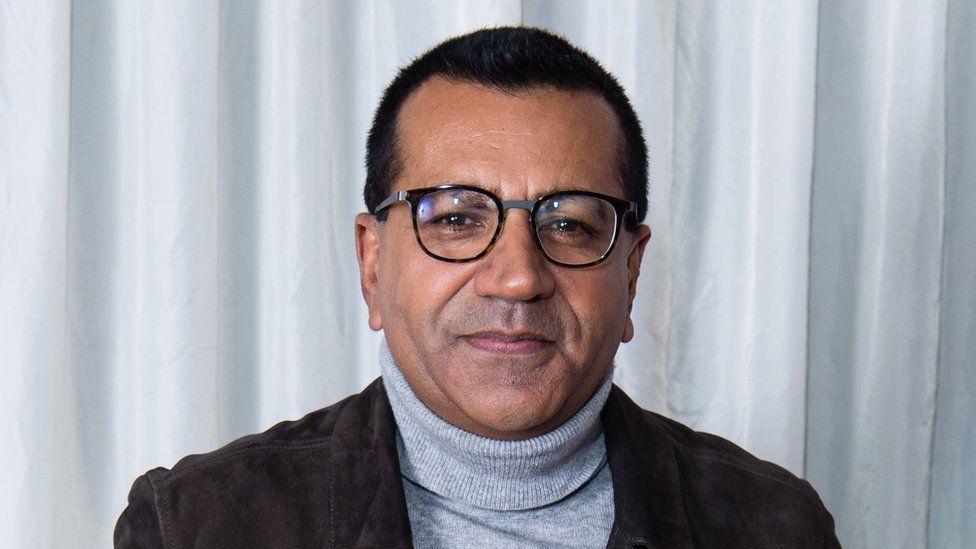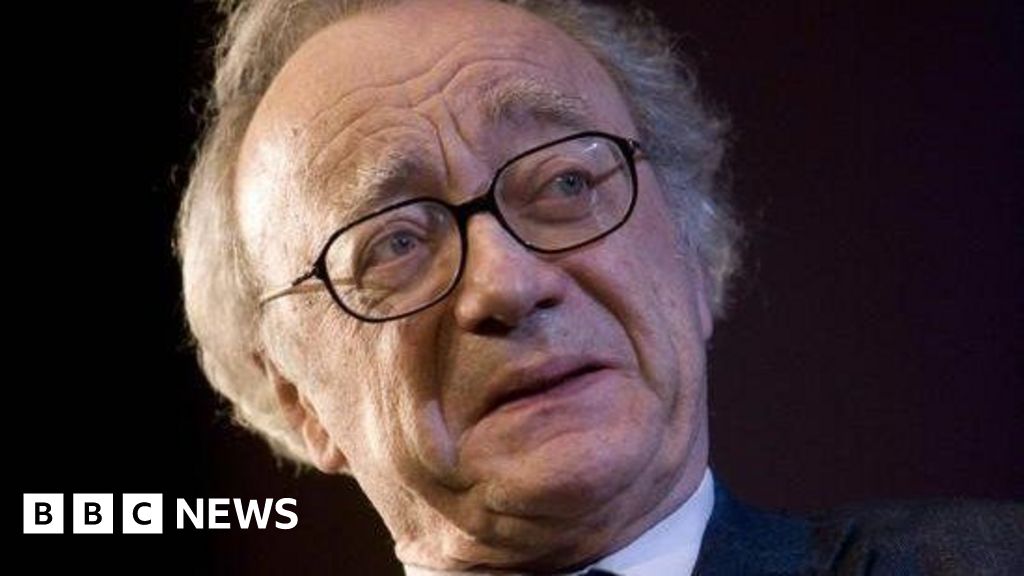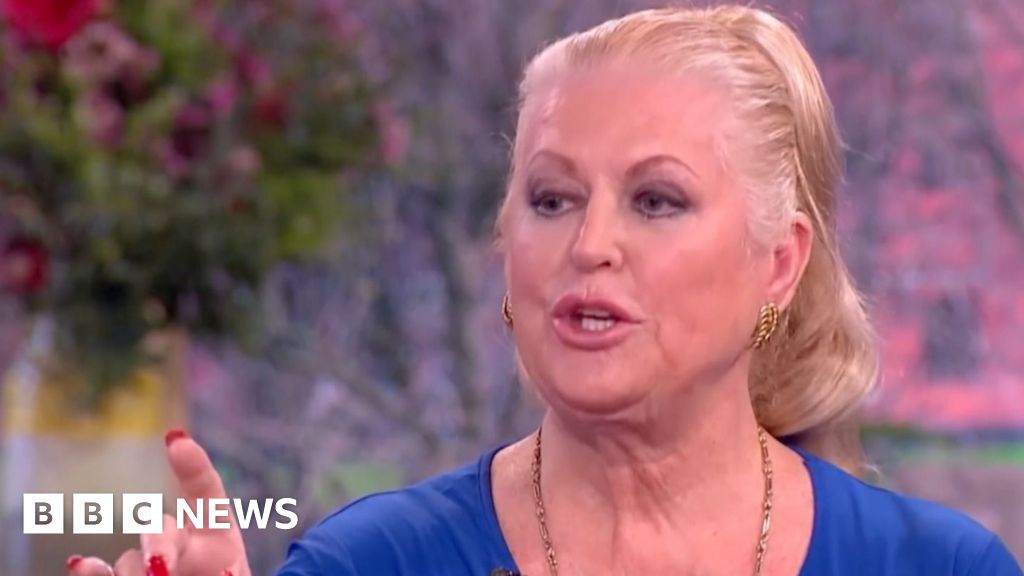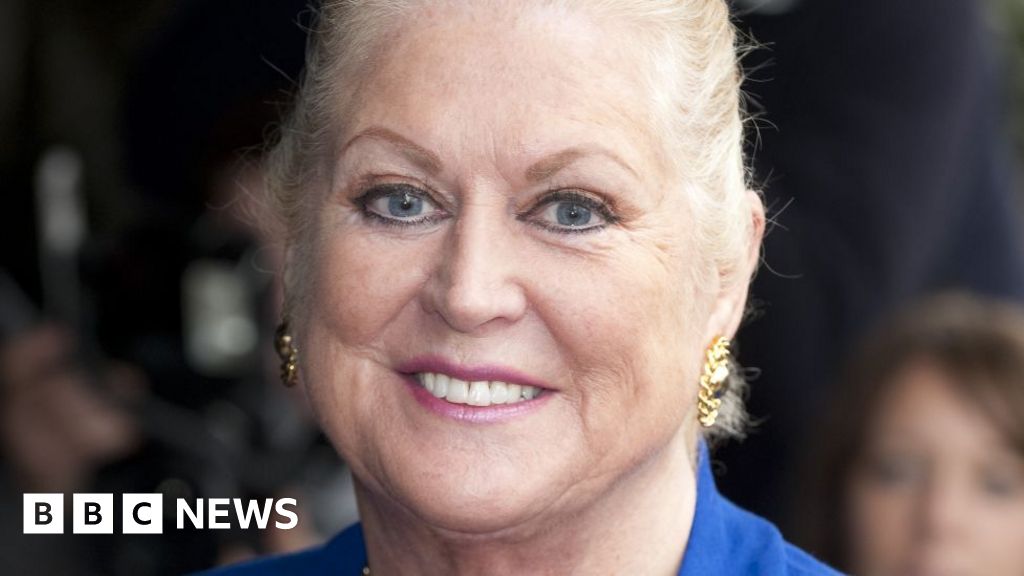ARTICLE AD BOX
 Image source, Getty Images
Image source, Getty Images
Martin Bashir stepped down from his role as religion editor at the BBC in 2021
The BBC has released about 3,000 internal emails relating to the scandal over Martin Bashir's 1995 interview with Princess Diana on Panorama.
A judge ordered their release after investigative journalist Andy Webb asked for the documents via a freedom of information (FOI) request.
Webb claims BBC managers tried in 2020 to cover up the reporter's actions in 1995.
The BBC said any suggestion that it had acted in bad faith was "simply wrong".
BBC News is currently reading the documents.
In 2021, an inquiry found that Bashir had secured the interview through deception and faking documents.
Bashir stepped down as the BBC's religion editor shortly before the publication of the inquiry's damning report, which also criticised the BBC over how it handled claims about his tactics.
The emails released on Tuesday are heavily redacted, something Webb said before they were released that he expected.
Webb says the emails show that the BBC was withholding important internal evidence relating to the investigations into the interview.
In one of the emails, dated 19 October 2019, a lawyer tells a former editor of Panorama that the corporation was "not releasing all of the internal investigations documents at this present time".
Following the release of the emails, Webb said: "The BBC clearly admit that documents were being withheld. In my book, that's a cover-up."
"And it's obvious even on first glance that this material is highly relevant, though the BBC assured the judge that it was entirely irrelevant."
He added: "What might lie under these thousands of redactions is anyone's guess."
The BBC said: "Throughout this process we have taken our responsibilities to comply with the directions of the Tribunal extremely seriously. We have made redactions, where necessary, consistent with the Freedom of Information Act.
"There is nothing to support the allegations that the BBC acted in bad faith in 2020 and we maintain this suggestion is simply wrong."
It added: "Further, as has been said many times, far from attempting to conceal or cover up matters, the BBC commissioned Lord Dyson to conduct an independent investigation", which was published in 2021.
"The BBC provided all relevant documentation that was in the BBC's possession to the Lord Dyson inquiry.
"Other individuals involved in these events also supplied Lord Dyson with written materials, which are detailed in the report. This was published in 2021 and the findings accepted in full by the BBC."
Webb requested in 2021 to see the emails that BBC managers sent to each other about Bashir over a two-month period in 2020.
The BBC disclosed a number of messages, but it later emerged there were a total of 3,288.
The corporation has said these contained information that was either "irrelevant" or "legally privileged".
'Serious concern'
But in December, Judge Brian Kennedy ordered the BBC to release them - saying the corporation had been "inconsistent, erroneous and unreliable" in how it had dealt with the initial request.
The judge added that the BBC's response was a "cause for serious concern".
In a statement at the time, the BBC accepted mistakes had been made, adding that it had also apologised to Webb and the tribunal.
According to another FOI request, the BBC has spent £126,525 (excluding VAT) on external legal costs challenging the release of the emails.
Webb said he believed their publication was in the public interest, and would show evidence that senior BBC managers had tried to "devise a strategy to completely cover up what we can call the Bashir scandal".
It was "nonsensical" that the BBC had spent so much time and money trying to prevent them being released, he said.
"And the people who have signed off the lawyers' payments for this must be held to account."
Princess Diana's brother, Earl Spencer, who has been a supporter of Webb's investigation, has said the integrity of the people within the broadcaster was at stake.
"People at the BBC who are responsible for this have hidden behind expensive lawyers at a time when the BBC, this great national and international institution, is making cuts. And I think that's obscene," he told BBC Radio 4's Broadcasting House in December.
'Cooking up a story'
Earl Spencer also said he had approached BBC management in 2020 and was told they could not talk to Bashir because he was too ill.
"My suspicion is that they were cooking up a story to try and make him unavailable during a time of particular interest in Diana's interview, which was the 25th anniversary," he said.
Bashir's departure from the BBC came after questions were raised about how he secured the interview with Diana. Watched by more than 20 million people, the interview was considered a huge scoop for the BBC at the time.
Webb's documentary examining Bashir's methods was broadcast in October 2020. The next day, it became known that Bashir was ill with complications from Covid.
The following month, Lord Dyson, a former senior judge, was appointed to lead an independent inquiry into the interview and how the interview was obtained. That inquiry reported back 20 May 2021.
Lord Dyson's inquiry found that Bashir used deception to secure the interview and then lied to BBC managers.
A graphic artist working for the BBC said he had been asked by Bashir to produce fake bank statements. These appeared to show payments by a newspaper group to a former member of staff of Earl Spencer.
The Dyson report said this was to gain Earl Spencer's confidence, so he would introduce Bashir to Diana.
When questioned by BBC bosses, Bashir admitted having the statements mocked up, but repeatedly denied showing the documents to Earl Spencer.
The report said Bashir "lied and maintained the lie until he realised that it was no longer sustainable". It added: "This was most reprehensible behaviour which casts considerable doubt on his credibility generally."
Bashir has previously said mocking up the documents "was a stupid thing to do" and he regretted it, but that they had no bearing on Diana's decision to be interviewed.
BBC News is editorially independent when reporting on the BBC as a corporation.

 1 year ago
94
1 year ago
94








 English (US) ·
English (US) ·